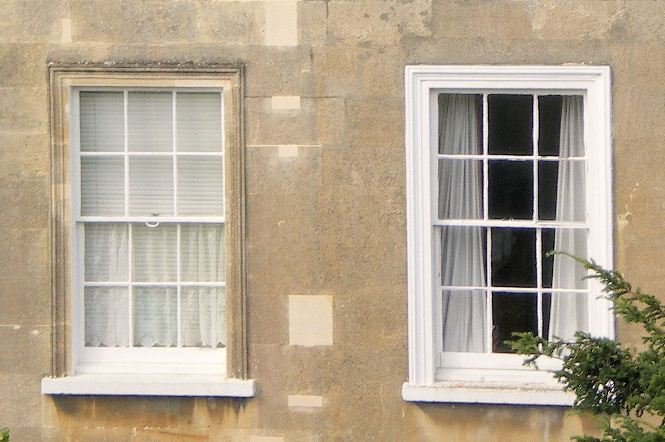There are two particular types of timber species: hardwoods and softwoods. These are both used in a range of applications across the restoration industry, but when compared, which one is better? We thought we’d investigate and try to find out…

Hardwood vs. softwood: what’s the difference?
Hardwood is the term used to describe wood from mainly deciduous, broad-leaf plants that flower. They are generally slow growing and have a high-density cellular structure, which makes them difficult to work. Hardwoods include timber species such as alder, balsa, beech, hickory, mahogany, maple, oak, teak, and walnut.
The term softwood is used to describe wood from mainly evergreen, coniferous plants that have needles and cones. Softwoods are generally fast growing and have a low-density cellular structure which makes them easy to work. Softwoods include species such as cedar, douglas fir, juniper, pine, redwood, spruce, and yew.
It’s too simplistic to think of hardwoods as being hard and softwoods as being soft. There are always exceptions to the rules: balsa wood for instance is a hardwood than is softer than most softwoods, and Yew is a softwood that is particularly hard. The particular properties of a wood are not completely dependent on what type of wood it is; sometimes the boundaries between the two can be blurred, depending on the particular species of wood.
The most durable type of wood
Hardwood!
Hardwoods generally have a higher density than softwoods, which makes them incredibly durable and long lasting. Hardwoods are perfect for use in applications where durability and strength is needed above all else.
The best looking type of wood
Hardwood and softwood!
It’s a draw. Both hardwoods and softwoods have great natural aesthetics that make them well suited for use in heritage applications. Hardwood has a prominent grain that creates the authentic ‘timber’ aesthetic that many homeowners have come to expect in traditional properties. Softwoods have a lighter grain that make them suited to applications that require a more subtle timber aesthetic. Both type of woods are incredibly attractive and suitable for a range of uses, in a range of properties.
The most workable type of wood
Softwood!
The lower density of softwood makes it a much easier timber to work with than hardwood. This means that softwoods have a versatility that allows them to be manipulated in numerous ways: from creating ornate carvings, to complex woodworking joints.
The most sustainable type of wood
Softwood!
Unlike hardwoods that grow very slowly, softwoods grow very fast, making them a great source of sustainable, eco-friendly timber. At Wessex Restoration, one of the main reasons we use softwood timber is because of the fact that it is environmentally friendly and sustainable.
The most fire resistant type of wood
Hardwood!
Although all wood is extremely susceptible to fire, hardwoods are naturally more fire resistant than softwoods. This makes it perfect for properties that may have had a history of fire-damage, or that are particularly vulnerable to fire damage.
Wessex Restoration
At Wessex Restoration, we use both hardwoods and softwoods in our windows and doors, and we can even match existing timber designs. This allows us to choose the timber most suited to the demands of your project and your property. For a free, no obligation quote, or for more information, why not get in touch today? We look forward to hearing from you.




